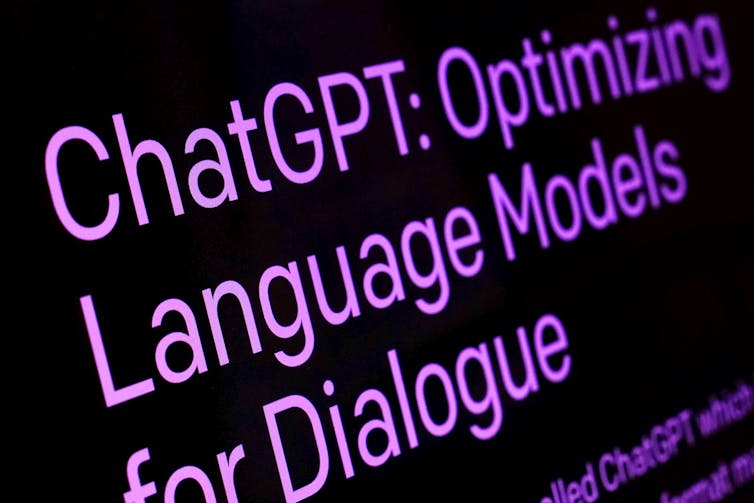In the quiet moments of a writer’s process, a sentence is not just a collection of words; it is a vessel for a thought, a reflection of a feeling, or a record of a human experience. Writing is a profoundly human act, a way to process emotions, to create knowledge, and to leave a mark on the world. But in the age of artificial intelligence, this sacred act is being imitated by a technology that lacks a single one of its core purposes. The way we describe AI-generated text—as “writing”—is not just a semantic shortcut; it is a fundamental confusion that blurs the line between a conscious human act and an algorithmic output. This is a story of a technology that can produce text but cannot, and will never, write in the true sense of the word.
The Soul of a Sentence: The Core Purposes of Human Writing
To understand the challenge posed by AI, we must first understand the core purposes of human writing. Writing is not merely a tool for communication; it is a form of self-expression, a way to externalize our internal worlds and to make sense of our thoughts and emotions. A diary entry, a poem, or a personal letter is a physical manifestation of a conscious mind, a reflection of a unique human experience. This is the first and most profound purpose of writing: to be a vessel for the self.

Furthermore, writing is a tool for knowledge creation. It is a way to build on the ideas of others, to synthesize information, and to contribute to a collective body of knowledge. A scientific paper, a textbook, or a historical analysis is a work of human intellect, a reflection of a mind that has read, reasoned, and synthesized. This is the second purpose of writing: to be a tool for a conscious mind to create and share knowledge.
The Algorithmic Imitation: Why AI Doesn’t “Write”
AI-generated text is a brilliant imitation of human writing, but it is an imitation that lacks a soul. While an AI can produce a grammatically correct and coherent text, it cannot do so with a single one of the core purposes of human writing. An AI has no self to express, no personal emotions to process, and no lived experience to draw from. It is not a conscious mind; it is a sophisticated pattern-matching engine that is simply predicting the next word in a sequence.
The AI is a master of statistical inference, a machine that can calculate the most likely word in a sequence with stunning accuracy. But it has no understanding of the meaning of those words. It does not know the joy of a perfect sentence or the frustration of a difficult idea. It cannot empathize with a reader or feel a sense of purpose. It is a brilliant tool, but it is not a writer. The AI generates text; it does not write.
A Confusion of Language: The Peril of Naming

The way we name things matters. Our language around AI-generated text is confusing the fundamental distinction between human and machine creativity. When we call AI-generated text “writing,” we are implicitly giving it a human quality that it does not possess. We are blurring the line between a conscious human act and an algorithmic output, and we are in danger of devaluing the very act of human writing.
This misuse of language is not just a semantic issue; it is a profound philosophical one. It suggests that the purpose of writing is simply to produce text, regardless of the process or the purpose behind it. It suggests that a human mind is no different from an algorithm, and that a lifetime of lived experience is no different from a dataset. This is a dangerous path, one that can lead to a de-humanization of creativity and a misunderstanding of what AI actually is.
The Path Forward: A New Vocabulary for a New Era
The time has come to move beyond the simplistic analogies and use a new vocabulary for discussing AI-generated text. We must stop calling it “writing” and instead refer to it as “text generation” or “algorithmic output.” This change in language would not just be a semantic one; it would be a profound one that would help us to better understand the technology and to protect the value of human creativity.
By using a more accurate vocabulary, we can ensure that the conversation around AI is more nuanced and more productive. We can ensure that we do not mistake an algorithmic output for a conscious human act. We can ensure that we continue to value the human mind, the human spirit, and the human act of writing. The AI revolution is a powerful force for change, and it is our responsibility to ensure that it is one that celebrates, not devalues, the very essence of human creativity.




